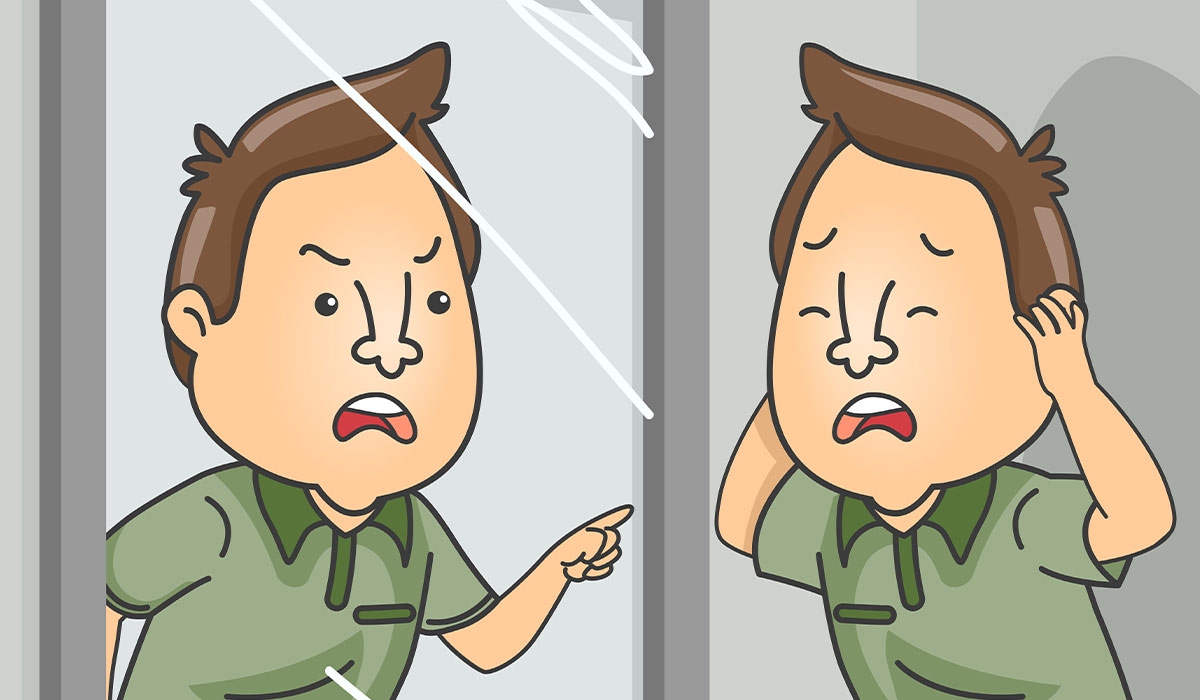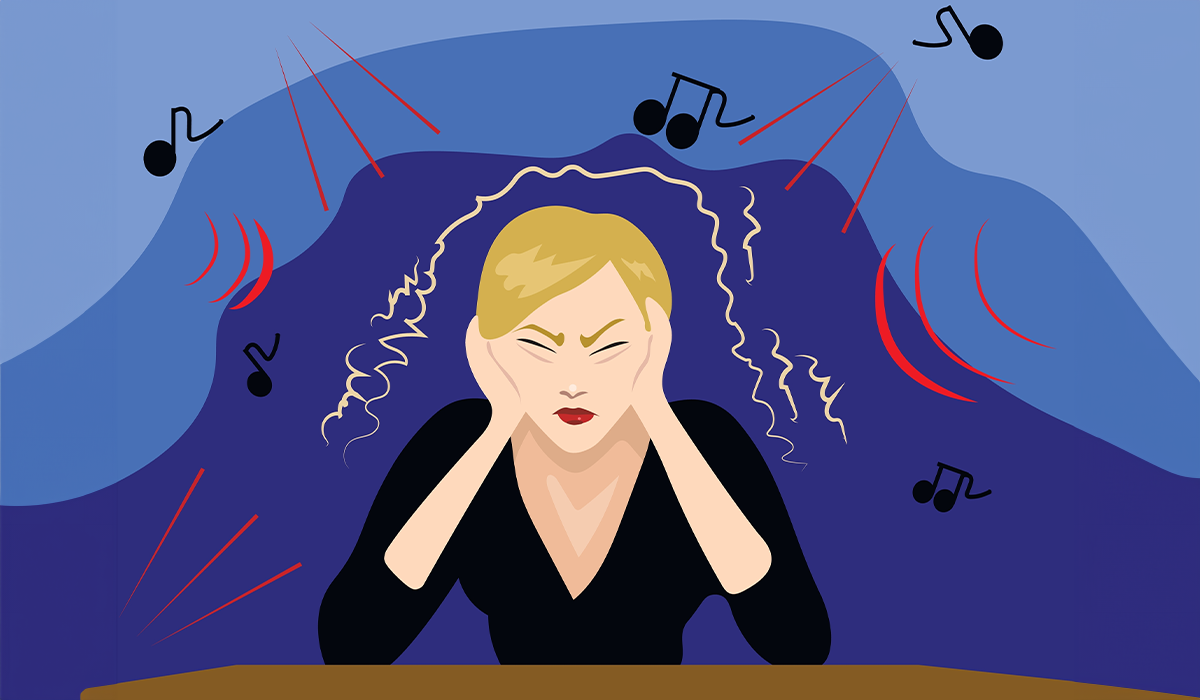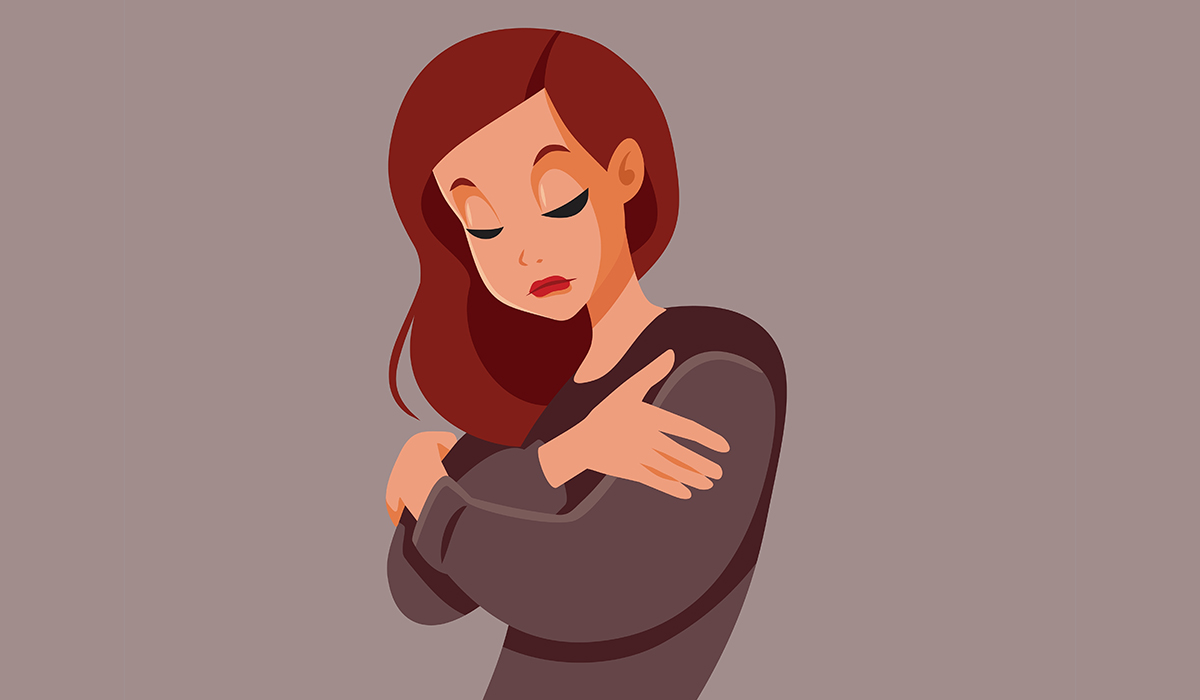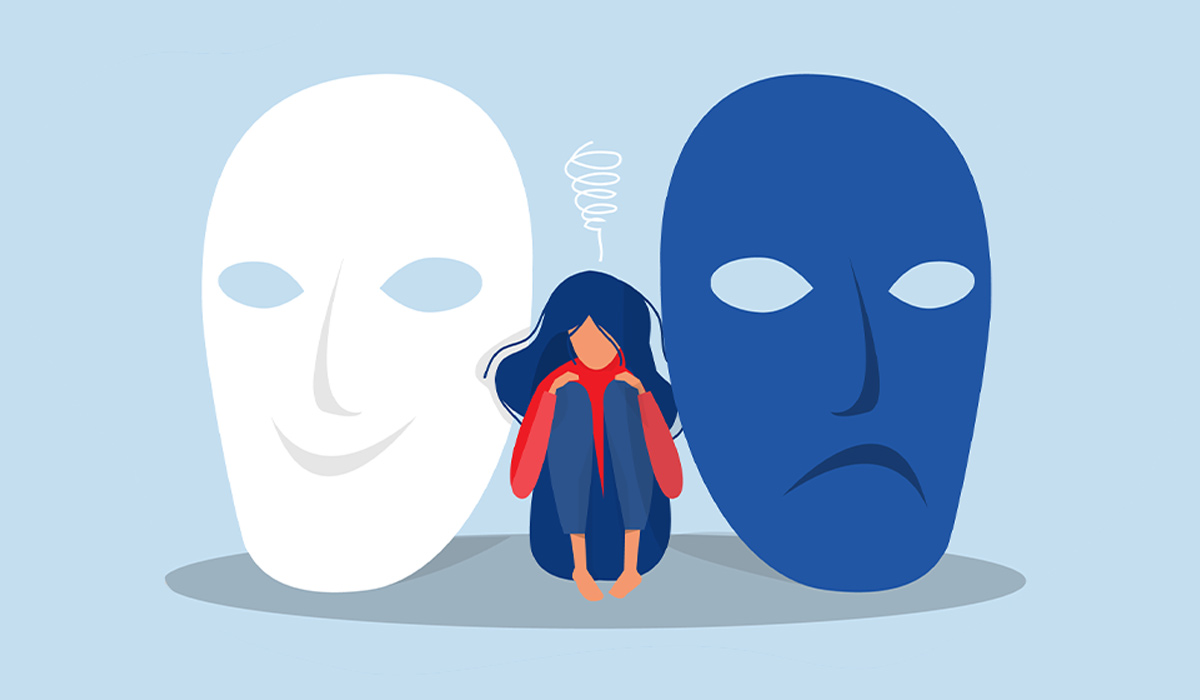Extrovert is a term used to describe a personality type characterized by specific traits. The concept of extroversion was brought to psychology by Carl Gustav Jung in 1921. The author inspired many subsequent researchers, and the term is still used in psychological science today.
The opposite of an extrovert is an introvert, and everybody manifests both extroverted and introverted traits. On the other hand, the predominance of traits indicates the personality type, and if it is difficult to determine the predominance, the term ambivert can be used. The main characteristic of extroverts is directing attention outwards, drawing energy from the world around them.
In comparison, an introvert draws energy from within, focusing on thoughts and feelings. Extroverts find themselves better in the company, whereas they function poorly in solitude. Extroversion can relate to the quality and quantity of social interactions and activity levels. Extroverts are seen as friendly, outgoing, and confident people who like to be the center of attention. Find out more about extroversion and how this personality trait affects life.

Psychologists have long wondered what shapes personality most. Certain factors can influence the formation of specific personality traits, including extroversion. Many theories state that personality is enduring and stable for most of life. Personality traits are relatively enduring patterns of behavior, feelings, and thoughts. Each personality is unique and consists of a set of various traits. How are these traits formed?
Some studies suggest that genes![]() are responsible for personality. We are what we take from our parents and ancestors. It was once thought that genes were mainly responsible for character, which a person has little influence to change later on. However, more recent research suggests that environment
are responsible for personality. We are what we take from our parents and ancestors. It was once thought that genes were mainly responsible for character, which a person has little influence to change later on. However, more recent research suggests that environment![]() plays a greater role than genes and that personality traits can change even during adulthood.
plays a greater role than genes and that personality traits can change even during adulthood.
Environmental factors are external factors that shape personality traits through contact with the world. People's experiences, therefore, influence what they become. Character is shaped, particularly during childhood, and it is strongly influenced by the parents and the way they are brought up. In addition to this, personality development can be influenced by all life situations that people encounter throughout their lives.

Psychological conjecture authors have defined extraversion in various ways. The author of the term and his successors proposed definitions of extraversion, which they described in their personality patterns. Personality psychology is a branch of psychology whose topic of study is the mental structure of humans. The authors were therefore interested in personality, its development over the life course, and its relationship to behavior in a broad prism of theoretical approaches. We present theories of personality psychology that address the topic of extroversion.
Psychological types is a theory created by Carl Gustav Jung, who was the first to distinguish between introversion and extraversion. He says extraversion is a psychological attitude directing one's psychic energy outwards. For an extrovert, the expectations and needs of the environment are an essential determinant. Jung described 16 personality types in his work, including introversion and extroversion.
Hans Eysenck![]() also picked up on the concept of extroversion, developing a theory based on biological factors. The author argued that people inherit a nervous system that influences their ability to learn and adapt to their environment. In addition to extroversion, he distinguished between psychoticism, extraversion, and neuroticism, which make up the acronym PEN. According to Eysenck, extroverts are characterized by sociability, activity, assertiveness, and sensation-seeking, while introverts are the opposite.
also picked up on the concept of extroversion, developing a theory based on biological factors. The author argued that people inherit a nervous system that influences their ability to learn and adapt to their environment. In addition to extroversion, he distinguished between psychoticism, extraversion, and neuroticism, which make up the acronym PEN. According to Eysenck, extroverts are characterized by sociability, activity, assertiveness, and sensation-seeking, while introverts are the opposite.
Another personality pattern is the Big Five, developed by two researchers, Paul Costa and Robert McCrae. This pattern contains five key dimensions, including extraversion. The authors believe that extraversion refers to a person's friendly, energetic, and active level. Low levels of extraversion indicate introversion. The Big Five also shows the quality of social relations and the level of activity, energy, and ability to feel positive emotions in extroverts and introverts.

In general terms, extraversion can be broken down into several traits that extroverts possess. The specific elements that make up extraversion is the subject of ongoing debate in psychological science. However, in various personality theories, certain traits recur. The personality traits of an extrovert can, therefore, include:

Introverts focus on the inner world, deriving energy from their mind and quiet surroundings. Conversely, extroverts seek this energy outside themselves, i.e., in the external world. They, therefore, focus on experiences, relationships with different people, and seeking experiences from the outside. Time spent actively gives them more energy and inspiration. This is why extroverts seem more energetic![]() than introverts; action gives them energy rather than taking it away.
than introverts; action gives them energy rather than taking it away.
Extroverts feel comfortable around other people and constantly seek contact and interaction to avoid boredom. Some sources describe extroverts as talkative![]() , meaning they like the verbal form of communicating with others and enjoy talking. Extroverts are perceived by others as being open, radiating warmth and positivity. It makes extroverts themselves attract the people they need. People with this personality type make new friends easily. People with this personality type also do well in group work.
, meaning they like the verbal form of communicating with others and enjoy talking. Extroverts are perceived by others as being open, radiating warmth and positivity. It makes extroverts themselves attract the people they need. People with this personality type make new friends easily. People with this personality type also do well in group work.
Another trait of extroverts is assertiveness, which means they can stand up for their opinion and say no if they don't want something. It makes them confident people who can succeed. Extroverts are in demand in the job market because they perform well in managerial and leadership positions due to their characteristics. Extroverts are often described as bold and dominant![]() . As they draw their energy from the outdoors, they seek challenges.
. As they draw their energy from the outdoors, they seek challenges.

Extroverts, like introverts, prefer a specific way of spending their time. Introverts usually prefer quiet activities done in solitude, such as reading. Conversely, extroverts are the opposite; they like constantly moving and undertaking new activities. Extroverts can be spontaneous![]() and able to act without a set plan. This group draws their energy from the outside world, so constantly doing enjoyable activities further fuels them.
and able to act without a set plan. This group draws their energy from the outside world, so constantly doing enjoyable activities further fuels them.
Extroverts seek sensations and emotions that the external environment provides. They tend to engage in and enjoy social interactions, whereas introverts prefer to avoid too much stimulation and tend to be reserved. Extroverts may act impulsively because they derive energy from the fast pace of life. Extroverts find it easy to find their way in new situations, like to try new things, and are not afraid of change.
Extroverted people tend to have a positive attitude. It relates to sensation-seeking and focusing on having fun and entertaining others. Extroverts, therefore, strive for positive affect, which increases their positive perception by other people. Experiencing positive emotion is an essential goal for extroverts, one that they continually strive for. Through it, they project this positive energy onto others. Extroverts are more likely to be in a positive mood![]() than introverts, making them happier.
than introverts, making them happier.
These days, being an extrovert is more accessible than being an introvert on various levels. Firstly, everybody needs relationships with other people, and extroverts find it easier to make new friends and maintain relationships, which results in personal and professional life. Secondly, drawing energy from a constant activity means that extroverts don't need breaks and don't feel tired, which affects their well-being. Let's take a look at how extroversion affects various aspects of life.

Extroverts seek constant interaction with other people, making getting friends or a partner easier. Their social life is much more prosperous, and friendships are easier to maintain. Additionally, extroverts' search for positive emotions makes them perceived as warm and friendly people. Research also shows that extroverts report greater satisfaction with close relationships in romantic relationships. The study's authors conclude that the more pleasant a person is, the more likely they are to feel satisfaction and happiness from romantic relationships.
An extrovert may find it easier to fit in at work if we consider the type of work with a lot of social interaction. Most jobs are based on interaction with others or group work. Consequently, extroverts have more opportunities in the job market in which they can find themselves. In addition, self-confidence and assertiveness make this personality type a good fit for senior management positions. Research shows that extraversion is a trait that produces positive results at work. Motivational, emotional, interpersonal, and performance factors benefit extroverts in the work environment. However, the sensation-seeking![]() aspect of extroversion can have adverse effects due to a sense of monotony at work.
aspect of extroversion can have adverse effects due to a sense of monotony at work.
Extroverts are mentally healthier and more resilient than introverts. This may involve a positive attitude towards life, a better support network through easier networking, and increased activity. According to research, extroverts are generally happier![]() than introverts. This has to do with a better ability to maintain mood. Extroverts are likelier to be in a pleasant mood and focus on the good things in life. On the other hand, introverts are more cautious and reserved, which can affect overall life satisfaction.
than introverts. This has to do with a better ability to maintain mood. Extroverts are likelier to be in a pleasant mood and focus on the good things in life. On the other hand, introverts are more cautious and reserved, which can affect overall life satisfaction.

Some people cannot determine whether they are extroverts or introverts. They may then notice that some of their behavior is entirely extreme. They may behave introverted in some situations and extroverted in others and see no fundamental advantage in either direction. Depending on their mood, they can draw energy from inside and outside. Thus, how do you describe this personality type?
An ambivert is someone who is in the middle of the extroversion-introversion spectrum. Psychology professionals describe an ambivert as a volatile person. Ambiverts exhibit extroverted and introverted traits, which depend on the situation, context, mood, and other factors. This personality type can be labeled as a social introvert, i.e., a person with introverted tendencies, who at the same time can be pleasant among people. An ambivert can also be an antisocial extrovert, i. e., a person with extroverted tendencies who needs time to recharge their energy before interactions and is not bored by being alone.
The third personality type on the extroversion-introversion scale is sometimes helpful, although more research needs to be done on this topic. However, the human psyche is a vast and complex subject. Thus, simple categorizations cannot describe every psychological profile. Individual differences mean that everybody is different and needs a personal approach from the psychological side.
Extroversion is associated with a very positive personality trait with no adverse consequences. Unfortunately, extraversion also has its dark side, which has been revealed in several studies. It has been noted that extroverted people may also be at risk of various psychological disorders. However, these are different from those of introversion.

Most mainly, extroverted people are more likely to be selfish than introverts. A link between extraversion and narcissistic personality disorder![]() has been noted. Narcissistic personality disorder NPD is a type of disorder that involves specific character traits. Extraverted behavior is, therefore, combined with additional needs due to narcissistic disorder.
has been noted. Narcissistic personality disorder NPD is a type of disorder that involves specific character traits. Extraverted behavior is, therefore, combined with additional needs due to narcissistic disorder.
Yet another disorder that has predictive power associated with extraversion is mania![]() . The manic disorder can be linked to extroversion based on seeking continuous experiences and emotions, high impulsivity, and spontaneity. Mania is a disorder whose main symptoms are elevated mood, extreme emotional states, and increased psychomotor drive.
. The manic disorder can be linked to extroversion based on seeking continuous experiences and emotions, high impulsivity, and spontaneity. Mania is a disorder whose main symptoms are elevated mood, extreme emotional states, and increased psychomotor drive.
Extraversion indicates specific personality traits. Extroverts draw their energy from the outside, which means that they seek continuous experiences, emotions, and interpersonal contacts. Extraversion helps in many aspects of life, affecting feelings of happiness and life satisfaction. However, it can also be associated with the risk of certain mental disorders, such as personality disorders.
Table of Contents

An introvert is a person with a special personality. Find out about the characteristics of introverts and how being an… read more »

Borderline Personality Disorder is a severe psychological case that requires appropriate treatment. Learn what type of therapy is available for… read more »

Antisocial personality disorders are mental dysfunctions that result in abnormal behavior of the individual. What are the typical behaviors? read more »

Dissociative identity disorder Ii is characterized by the presence of at least two independent and different personalities in one person.… read more »

What are the signs of narcissistic personality disorder? Learn, when it is time to start therapy. Check out, the ways… read more »

Misophonia is an inappropriately strong reaction to specific sounds. It occurs in many disorders. Learn about the meaning of misophonia… read more »

Dysmorphia is a mental disorder associated with a negative body image. It is a common problem these days. Learn how… read more »

Anxiety is characterized by persistent worry and fear that are more intense that they would normally be. What are its… read more »

Bipolar disorder is a mental disorder characterized by the alternation of extremely different mental states – depression and mania. What… read more »